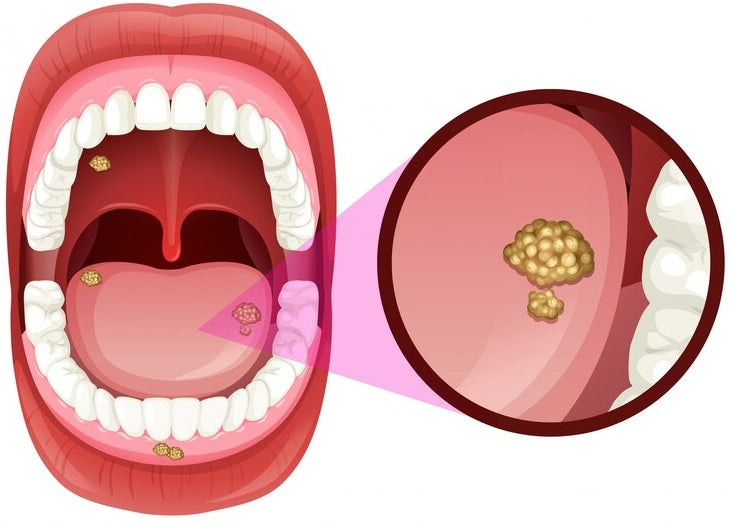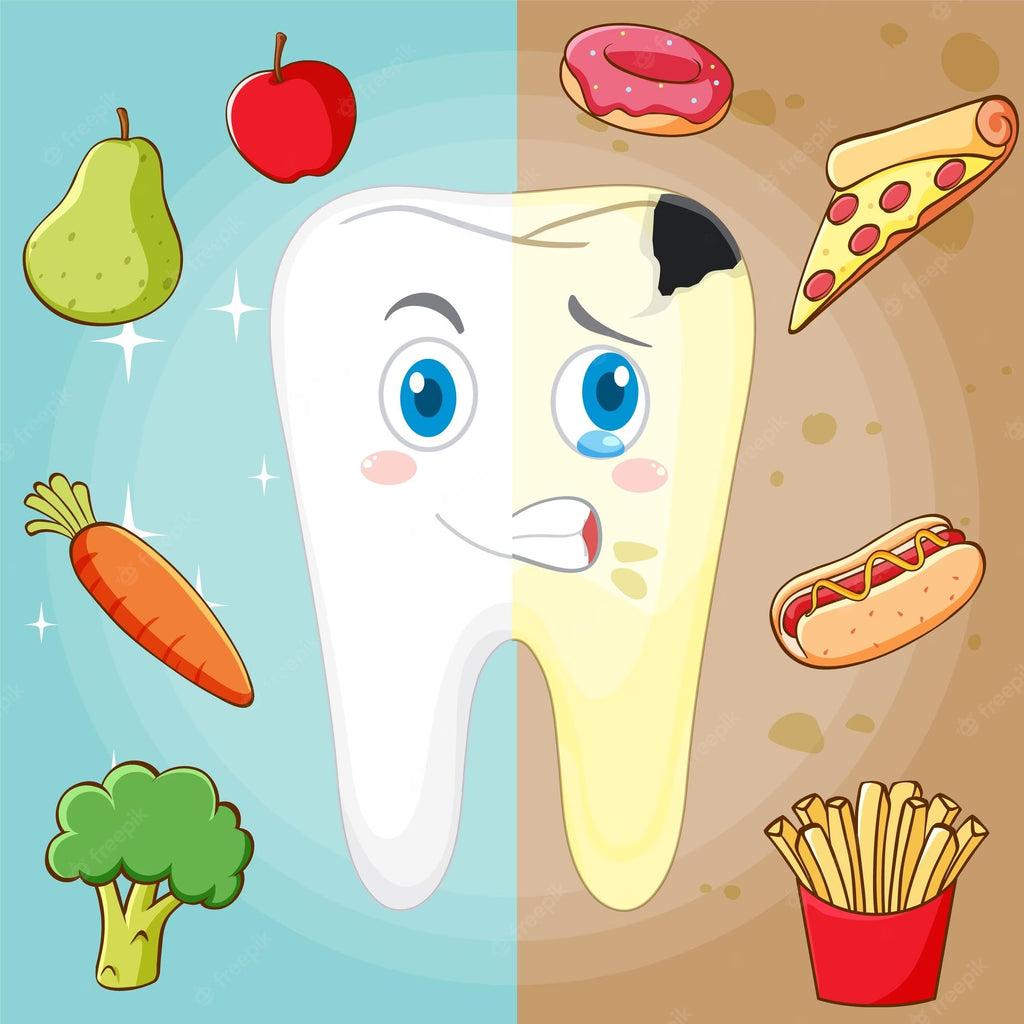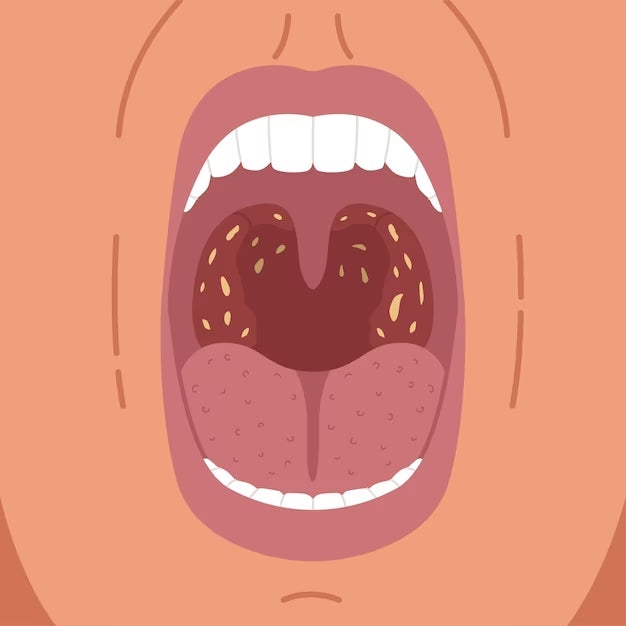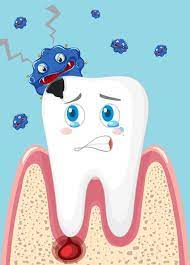The Role of Gut Health in Mental Health and Wellbeing
-
Our gut health and mental health are interconnected. A growing body of research indicates that there is a close relationship between the two, and what we eat can impact how we feel both physically and mentally. In this article, we will explore the role of gut health in mental health and wellbeing, and how we can optimize our gut health to improve our mental health.
The gut-brain axis is a complex communication network that connects our gastrointestinal system to our central nervous system. This means that the health of our gut can have a significant impact on our mood, behavior, and cognitive function. Recent research has shown that there is a bidirectional relationship between gut health and mental health. In other words, our mental state can impact our gut health, and our gut health can impact our mental state.

Gut Health and Mental Health
The Microbiome and Mental Health
The gut microbiome is a collection of microorganisms that live in our gastrointestinal tract. These microorganisms play a crucial role in our gut health and overall wellbeing. Recent research has shown that there is a connection between the gut microbiome and mental health. Studies have found that people with depression and anxiety have different gut microbiomes compared to those who do not have these conditions.
Inflammation and Mental Health
Inflammation is the body's response to injury, infection, or stress. However, chronic inflammation can lead to a range of health problems, including mental health disorders. Inflammation can cause changes in the brain that are associated with depression and anxiety.
Gut Health and the Brain
The gut and the brain are connected by the vagus nerve, which allows them to communicate with each other. This means that what happens in the gut can impact the brain and vice versa. Research has shown that gut bacteria can produce neurotransmitters that affect the brain, such as serotonin and dopamine. These neurotransmitters play a crucial role in regulating mood, behavior, and cognitive function.
Optimizing Gut Health for Mental Health
Diet
What we eat can have a significant impact on our gut health and mental health. A diet that is high in fiber and whole foods can promote the growth of beneficial gut bacteria and reduce inflammation. On the other hand, a diet that is high in processed foods and sugar can lead to an imbalance in the gut microbiome and increase inflammation.
Probiotics and Prebiotics
Probiotics are beneficial bacteria that can help to improve gut health. Prebiotics are a type of fiber that feeds these beneficial bacteria. Both probiotics and prebiotics can be found in certain foods and supplements.
Stress Management
Stress can have a negative impact on gut health and mental health. Chronic stress can lead to an imbalance in the gut microbiome and increase inflammation. Therefore, it is essential to manage stress to improve gut health and mental health. Practices such as meditation, yoga, and deep breathing can be helpful for managing stress.
Exercise
Regular exercise can also help to improve gut health and mental health. Exercise can reduce inflammation, improve gut motility, and promote the growth of beneficial gut bacteria. Additionally, exercise has been shown to be an effective treatment for depression and anxiety.
Conclusion
There is a strong link between gut health and mental health. Optimizing gut health through diet, probiotics and prebiotics, stress management, and exercise can improve mental health and overall wellbeing. And, for those looking for an easy and refreshing way to support their gut health, Nude Mints offers a delicious and convenient solution. With its ingredient, Nude Mints can help promote a healthy gut microbiome and improve overall digestive function.Top of Form
FAQs
Are there any specific foods that can improve gut health?
Yes, certain foods are particularly beneficial for gut health. Foods that are high in fiber, such as fruits, vegetables, whole grains, and legumes, can promote the growth of beneficial gut bacteria. Fermented foods, such as yogurt, kefir, sauerkraut, and kimchi, contain probiotics that can also improve gut health.
Can antibiotics affect gut health?
Yes, antibiotics can have a significant impact on gut health. Antibiotics kill both harmful and beneficial bacteria in the gut, which can lead to an imbalance in the gut microbiome. This can result in digestive problems, such as diarrhea, and an increased risk of developing certain conditions.
How long does it take to improve gut health?
Improving gut health is not a quick fix and can take time. However, making dietary changes and incorporating probiotics and prebiotics into your diet can lead to improvements in gut health within a few weeks to a few months.
Can probiotics and prebiotics have side effects?
In general, probiotics and prebiotics are safe and well-tolerated. However, some people may experience digestive symptoms such as gas, bloating, and diarrhea when first starting to take them. It is always best to consult with a healthcare professional before starting any new supplements.
If you're looking for a tasty and effortless way to support your gut health, look no further than Nude Mints. Made with healthy ingredient Nude Mints is the perfect addition to your daily routine. Try them today and take the first step towards a healthier, happier you!
Get the freshest news on your favorite mouth cleanser and gut freshener!
Read More
-

Halitosis: Understanding the Causes, Diagnosis, and Treatment for Fresh Breath
Halitosis, commonly known as bad breath, is a condition that affects a large number of people worldwide. It can be an embarrassing and isolating experience, but it is important to know that it is a common problem and that there are effective treatments available. In this article, we will discuss the causes, diagnosis, and treatment of halitosis. Causes of Halitosis Halitosis can have several causes, both internal and external. The most common causes include poor oral hygiene, dry mouth, certain foods and drinks, smoking, and certain medical conditions. Poor Oral Hygiene Poor oral hygiene is the most common cause of halitosis. When food particles and bacteria build up in the mouth, they can cause an unpleasant odor. Brushing and flossing...
-

Crucial Connection Between Nutrition and Oral Health: Guide for Better Dental Care
As a dental health professional, we understand the importance of maintaining good oral hygiene to prevent cavities and gum disease. Brushing twice a day and flossing daily are essential habits, but did you know that nutrition also plays a crucial role in keeping your mouth healthy? In this article, we will explore the connection between nutrition and oral health and how you can make better food choices to support your dental health. How Nutrition Affects Oral Health Your diet can impact your oral health in many ways. A diet high in sugary and acidic foods can increase the risk of tooth decay and gum disease. When you eat sugary foods, the bacteria in your mouth feed on the sugar and...
-

How to Treat Bad Breath Caused by Dry Mouth
Do you ever feel self-conscious about your breath? Do people avoid talking to you because of bad breath? Dry mouth, also known as xerostomia, can cause bad breath and make social interactions uncomfortable. In this article, we will discuss what causes dry mouth, how it leads to bad breath, and what you can do to treat it. Table of Contents What is dry mouth? Causes of dry mouth How dry mouth causes bad breath Signs and symptoms of dry mouth Diagnosis of dry mouth Treating dry mouth Home remedies for dry mouth Professional treatments for dry mouth Tips for maintaining oral hygiene Foods and drinks to avoid with dry mouth Conclusion FAQs What is dry mouth? Dry mouth occurs when...
-

The Relationship Between Diabetes and Gum Disease: Understanding the Link
Diabetes and gum disease are two conditions that may seem unrelated, but research has shown that they are actually closely linked. In fact, individuals with diabetes are more likely to develop gum disease, and those with gum disease are more likely to have difficulty controlling their blood sugar levels. This article will explore the connection between diabetes and gum disease, and provide insights on how you can reduce your risk of developing both. The Relationship Between Diabetes and Gum Disease Diabetes is a condition that affects the body's ability to produce or respond to insulin, a hormone that regulates blood sugar levels. When blood sugar levels are consistently high, it can lead to a range of health complications, including nerve...






